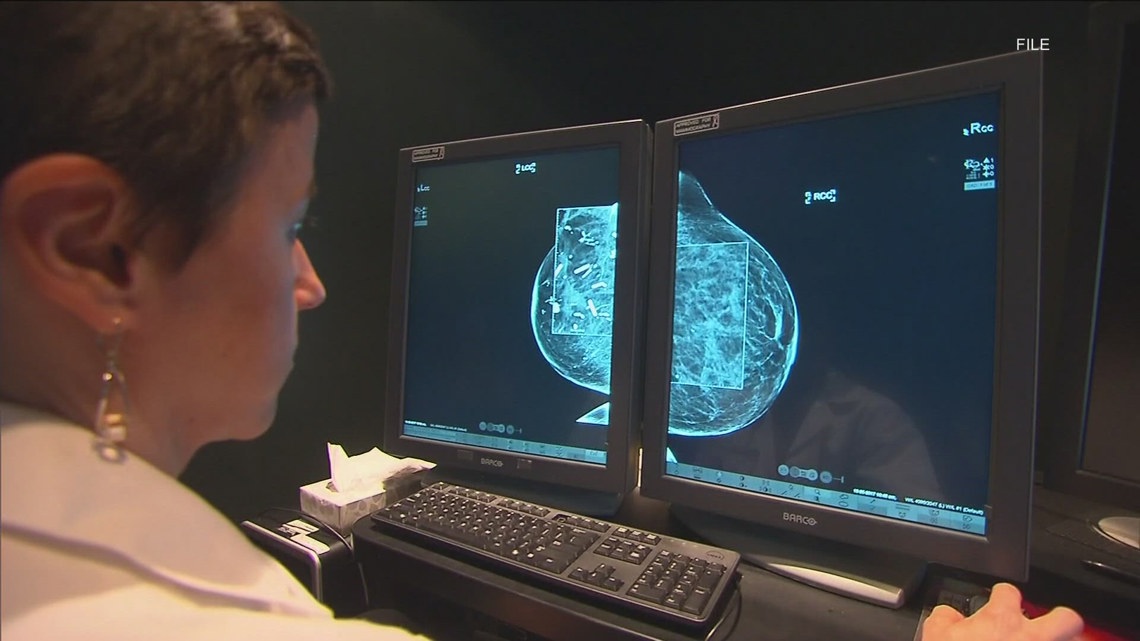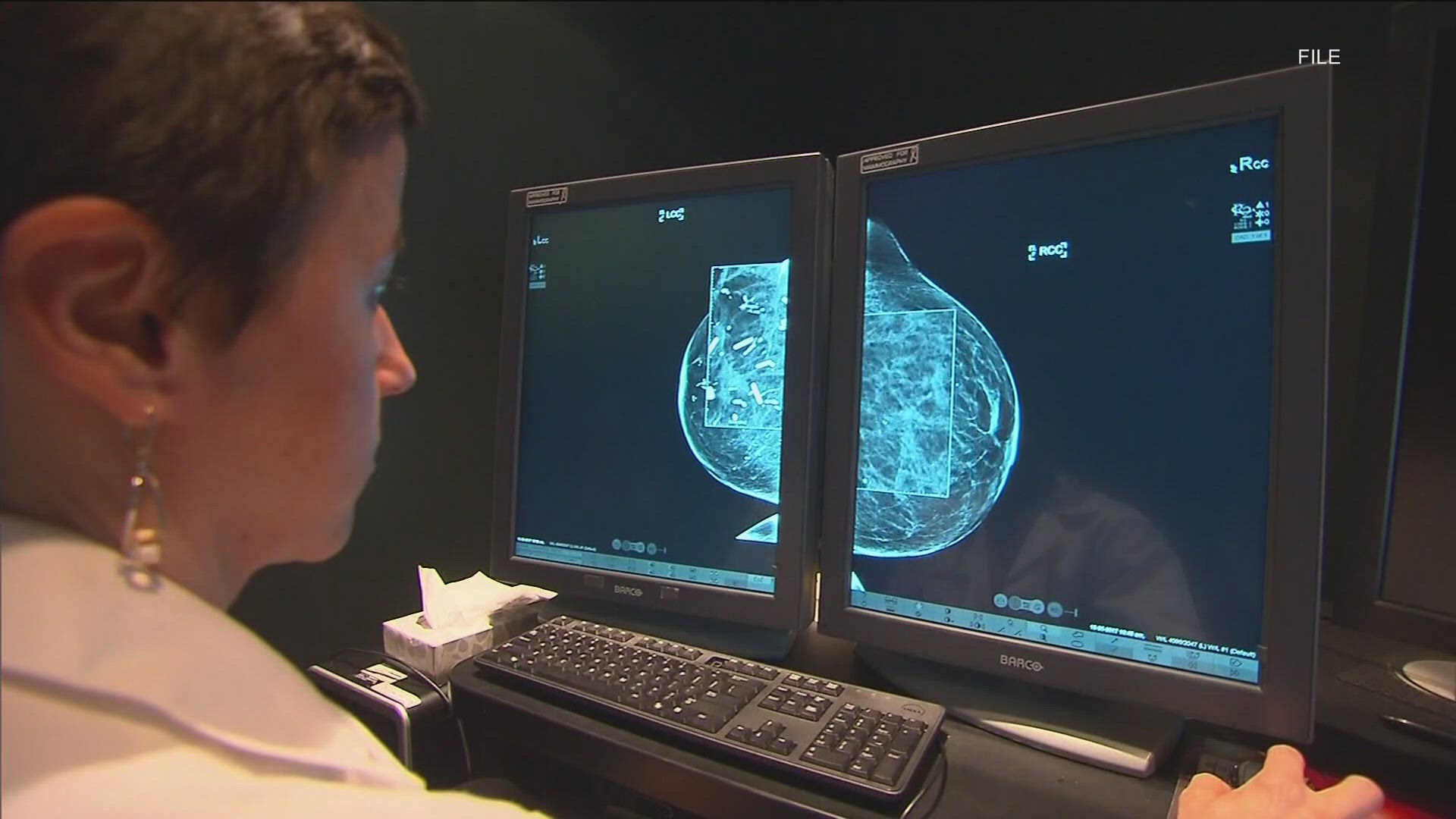DOUGLASVILLE, Ga. — The American Cancer Society just launched what is being called the largest study about cancer in Black women ever.
The society explained that the study is focused on understanding disparities in healthcare.
And Georgia is one of 20 states included due to its population of Black women.
For most cancers, Black women are less likely to be diagnosed but more likely to die, according to The American Cancer Society.
Monica Moore is battling stage IV metastatic breast cancer. She said she advocated for her care but wonders if the disparities are because some doctors aren't paying attention.
"I don't think they took seriously some of the pain that I was experiencing through the treatments," Moore said.
When discussing health equity with Black women, Moore said she agrees that Black women, specifically, need to be studied because studies show cancer affects that population differently.
"I think that we've been forgotten about in a lot of different areas of our lives as black women," Moore said. "I don't think that sometimes we have a voice, that we don't matter. And I think that's the problem. We do matter. And I think a lot of times for us, even to as black women, we don't always go get checked when we should get checked. People think we're so strong."
The American Cancer Society is hoping to get to the bottom of this. They're partnering with V.O.I.C.E.S. of Black Women to study cancer and how it affects Black women. The study is set to talk to subjects about their behaviors and environment and also their cancer risks and outcomes.


Dr. Lauren McCullough is the Visiting Scientific Director and Investigator for V.O.I.C.E.S. of Black Women.
"For far too long, black women have not been represented in research," McCullough said. "As a historically marginalized group is important to know and understand their unique experiences and exposures. That way, we really understand drivers of cancer."
McCullough said Black women have the highest death rate and shortest survival of any racial or ethnic group for most cancers. She wants to find out why.
"If we're able to fully explore that, I think we can better inform interventions that are going to be culturally relevant and more attainable," McCullough said.
More than 100,000 Black women will be studied. McCullough hopes the results will be used to improve overall health for generations to come.
Moore said she also hopes Black women are diagnosed quicker and are given non-chemical options for treatment.
"I'm hoping that this research will save someone's life if not many more women," Moore said.
If you'd like to get involved in the study, click here.
As a reminder, it's now recommended to get cancer screening at age 40.

